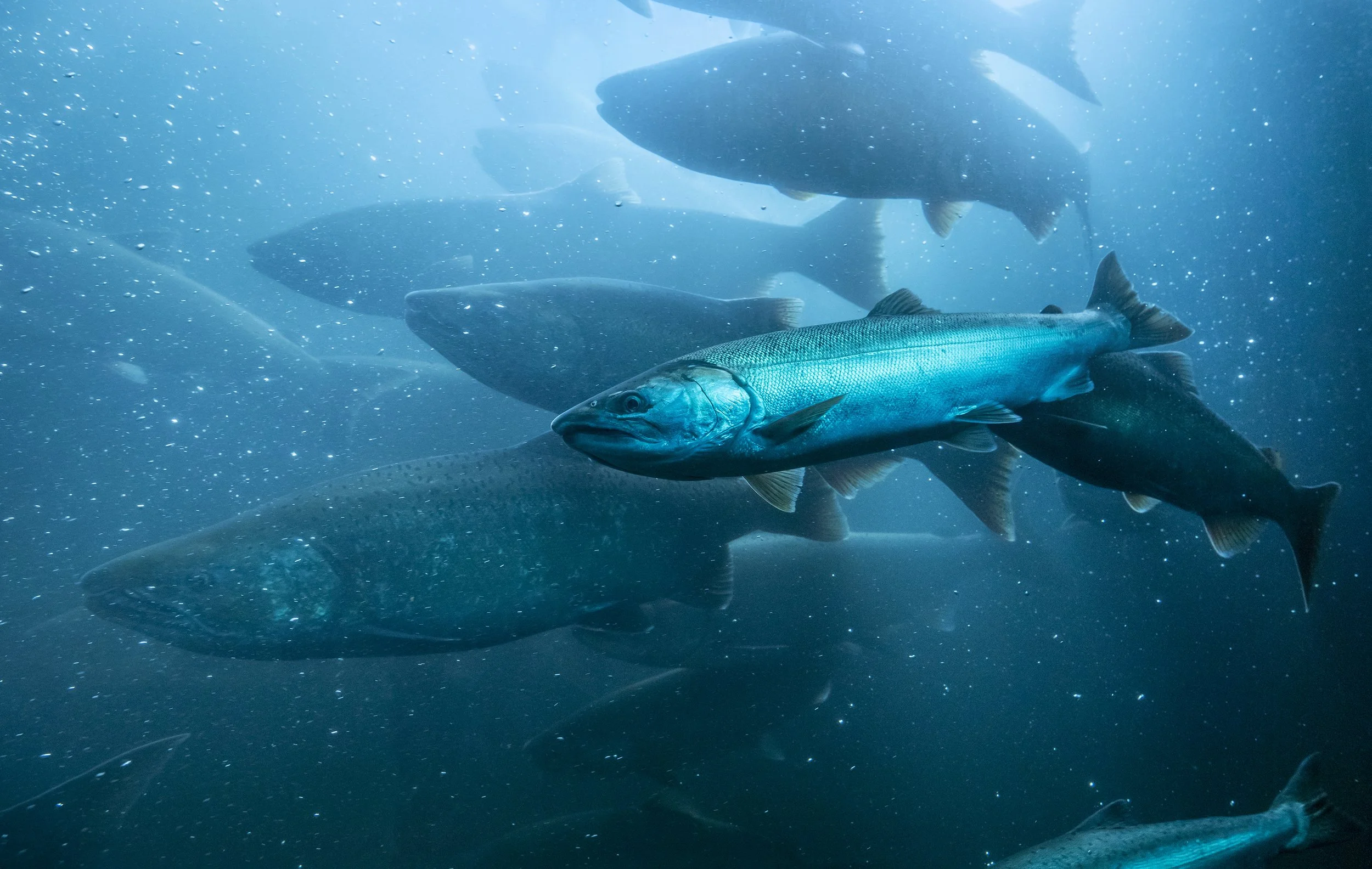Myth: Salmon does not hold any health benefits when consumed.
Fact: Salmon is a superfood and our King salmon has the highest oil content of all salmon species, so it is an excellent source of high-quality protein and nutritious long chain omega-3s (specifically DHA and EPA), vitamins A, B6, B12 and D, niacin, thiamine, selenium, and iodine.


